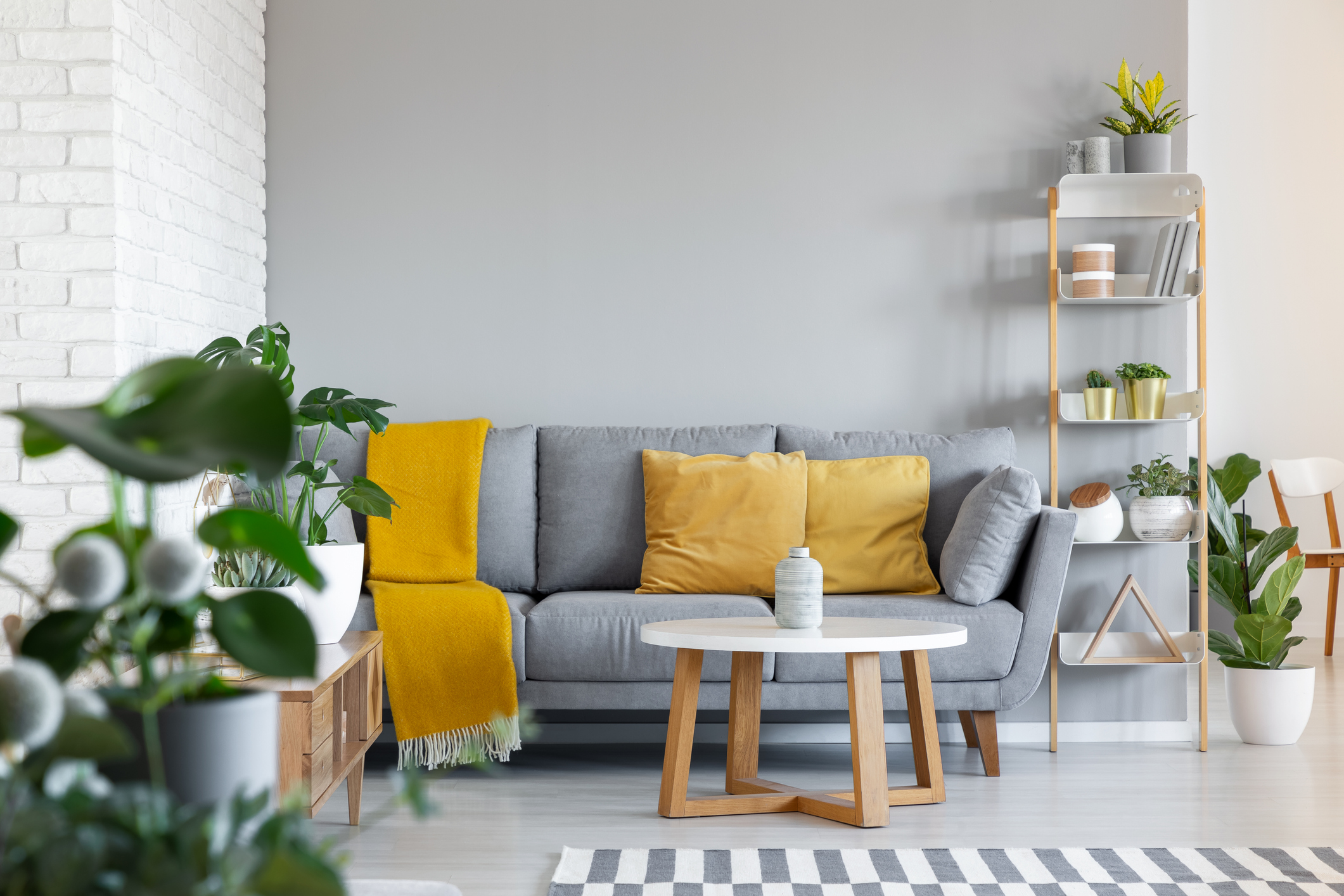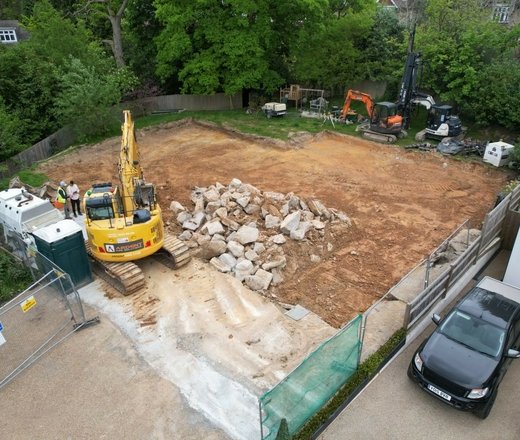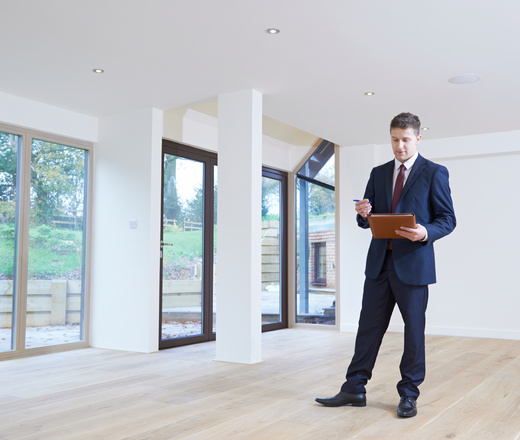When you move home, most people have to sell your current property, mainly because they need the money to buy a new one. But there are occasions when it makes practical or financial sense to keep the old home. If you rent your old house out rather than sell it, you could end up over time with a valuable asset that generates a regular income.

- If you are just moving temporarily, perhaps for work reasons, and you want to keep open the option of moving back to your old house
- If it is a good rental property, and you are confident that property prices are going to rise – and you have enough money that you do not have to sell your old one to fund buying the new home
What do you think will happen to property prices?
This is the critical question. If property prices are rising, then clearly there is a massive financial advantage to building up a property portfolio – you get the capital gains on more than one property. But if property prices are falling, then your old home will go down in value, and certainly in the short term you would probably be better off selling it.
However, in the long term property prices invariably rise (along with economic growth and incomes), and so if you are planning to keep your old home for many years, then you shouldn’t worry about a short term dip in prices.
Will your mortgage company let you?
You need to check the small print of your mortgage. Most mortgages include a clause that does not let you rent out your house, while some let you do it for up to a year, and others have clauses that allow you to rent it out if you are moving for a limited period for work and intend to move back.
If you do have to change mortgage, you will probably have to change to a (usually higher interest) buy-to-let mortgage which will probably entail early repayment fees, valuation survey fees, and new mortgage arrangement fees.
Or look at the option of Let to Buy mortgages. Unlike Buy to Let mortgages which are taken out by people specifically looking for a property to let out (or to re-mortgage one they currently let out), Let to Buy mortgages are used when you live in a property and need to leverage finances to move elsewhere.
How can I finance two properties?
Clearly, you should only consider doing this if you are financially secure, and financially literate – if you are already stretched, and not confident dealing with financial matters, then you could end up really regretting it.
You are more likely to be able to buy a new property while keeping your old one if you have major equity in your existing property, and a sufficient income to easily finance the mortgage on your new property.
If you need to raise the deposit for the new property, you can then do that by increasing the mortgage on your existing home, the payments for which should be covered by the rental income. You will then need to take out a second residential mortgage on your new home, the payments for which would be covered by your normal work income. You will then have two mortgages, one on each property, covered by the rental income and your normal income.
Will I be able to pay the mortgages?
If you move out but still have a mortgage on your old property (whether you are buying or renting a new place), you need to work out whether you will be able to keep up with the monthly repayments on that mortgage – in addition to the mortgage on your new home.
Your mortgage lender is likely to insist that the rental income is enough to cover the mortgage interest payments. But there are many other factors that you need to consider:
- How many months of the year are you likely to be able to rent it out? As a rule of thumb, you should reckon on one month a year where it will be unrented (for example, when you are looking for a new tenant)
- Will you be able to cover the mortgage if you are unable to rent it? You should be confident that you could avoid a forced sale or repossession if you have difficulty renting it out for a while
- Will you be able to pay for the property’s maintenance? Can you afford a new boiler? What if the house gets damp? Or if it needs a new roof?
- Will you manage the property – or will you pay somebody to do so? How much will that cost?
- Will you rent it through an agent? What commission will they take?
- Have you factored in insurance into the total monthly costs?
How much will it cost me to live in the new place?
The ability to afford to keep your old home will depend not just on the rental income you get, but the cost of living in your new place.
- How much will your new rent or mortgage be?
- Have you included the hidden and often substantial costs of buying and moving, such as stamp duty and estate agent fees?
Will I have to pay income tax?
Yes you will. Until now, landlords have been able to claim tax relief on the mortgage interest they pay on their mortgage repayments. They would only pay tax on the profit they made and the amount they’d pay depended on which tax band they were in.
However, from April 2017 this changed. In a new system, that was phased in, landlords had to pay tax on their entire rental income (not just the profit) and they can only claim tax relief at a rate of 20% – regardless of what tax band they’re in. A landlord in the higher tax band, therefore, will pay tax on his rental income at 40% or 45% but will only be able to claim 20% back tax relief.
Will I have to pay capital gains tax if you sell?
Capital gains tax is a tax on the profit – or ‘gain’ – you make when you sell an asset that has gone up in value.
You do not have to pay capital gains tax if you sell your primary residence (i.e. your main home) at a profit, but you might have to if you sell a second home. The capital gains tax regime is being changed in April 2020, and the calculations are complicated, so you should seek advice either from a tax adviser or directly from HMRC.
In general:
- You do not have to pay any capital gains tax if you are not selling the second property at more than you bought it for – or indeed, if you don’t sell it at all.
- If you used to live in the house you are selling, then capital gains kicks in eighteenth months after you move out, but in April this will change to nine months. i.e. if you sell it within that time you will not have to pay any capital gains tax.
- You only pay capital gains tax for the period you have not lived there (minus the 18 months, or 9 months from April), and this is worked out on a pro-rata basis as a proportion of the total gain in the value of the property while you have owned it.
- The rate of capital gains tax is tapered (i.e. the longer you own something, the lower the rate you pay), and there are annual allowances, so the total tax bill may be less than you first expect.
Market your property with Maddisons Residential
For many, the first point in their house moving journey, is to understand the value of their current home. Whether you want a quick, instant, online indication, or a more robust property specific and individual valuation, we would be delighted to help.





